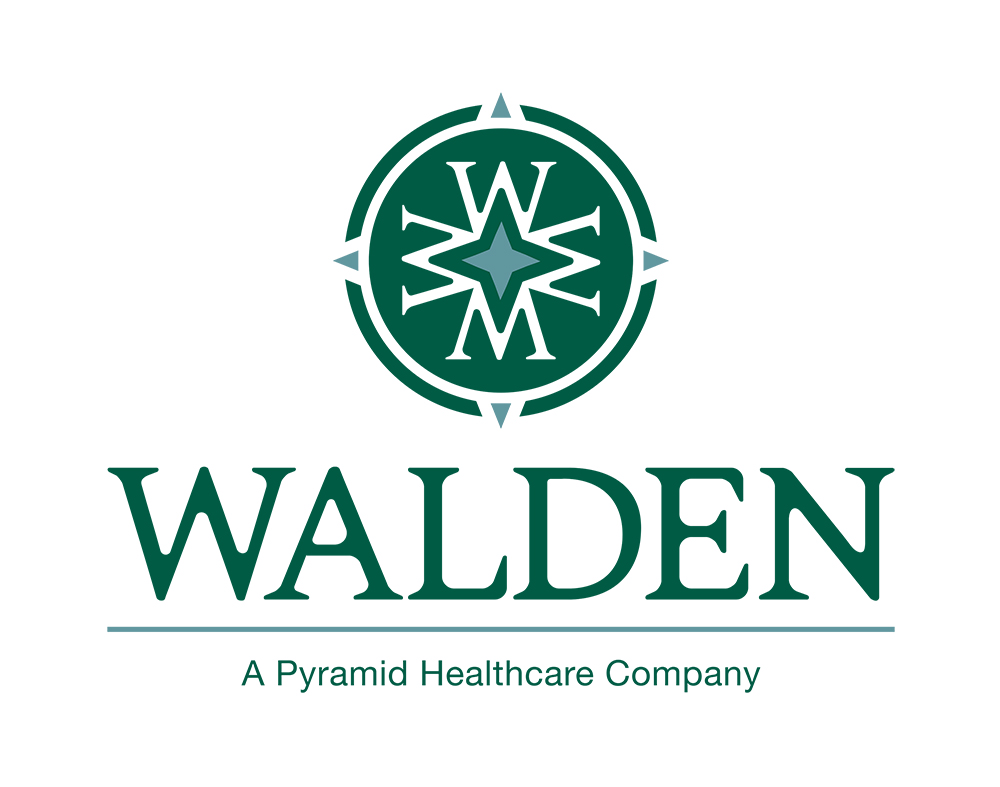How Unresolved Grief Can Impact Addiction

Grief is a common feeling that many of us share, whether it’s grief over the loss of a loved one, friendship, job, or something else. Many people are probably experiencing grief right now, as they no longer have a sense of routine or normalcy.
With grief often comes pain, anger, or sadness, all emotions that people with substance use disorders try to avoid. They use drugs or alcohol to cope with stress and other negative emotions. While it is normal and healthy to experience grief, unresolved grief can lead to or exacerbate addiction.
What is Unresolved Grief?
Grief is an overwhelming sadness due to a significant loss. Most people who experience grief are able to heal after some time has passed.
There are other people who have a difficult time overcoming grief. It can affect their ability to work, care for themselves or others, and maintain relationships. Their grief may persist, sometimes more than a year after the loss occurred. This is known as unresolved or complicated grief.
People may experience unresolved grief if:
- They have low self-esteem
- They feel guilty
- They experience a traumatic or unexpected loss
- They are unable to talk about their loss
The Relationship Between Grief and Addiction
In response to unresolved grief, people may exhibit these signs or emotions:
- Depression
- Sadness
- Guilt
- Self-harm or self-destructive behaviors
- Binge eating or drinking
- Withdrawal or detachment from others
- Changes in sleeping patterns
The signs of unresolved grief are frequently seen in people with substance use disorders. Drugs and alcohol may be used as a way to self-medicate or suppress negative feelings, but it can be hard to stop using.
Low self-esteem and guilt are characteristics for many people who have substance use disorders. In addition, it is often difficult for them to cope with their grief in a healthy way, especially if it was an unresolved or unexpected loss. This is why grief often leads to a cycle of addiction.
Grief can also be a relapse trigger for people with a history of substance use. Loss is a difficult experience that can bring up many emotions and affect our ability to cope.
Because grief and addiction are connected, it’s important to treat symptoms of both. Dual diagnosis treatment can help you process your complicated grief and work toward addiction recovery.
Related Post: Treating Mental Health and Addiction
Healthy Coping Mechanisms for Grief
The grieving process takes time, and everyone’s experience is unique. These are some healthy coping mechanisms that may be helpful for managing your grief.
- Acknowledge what you are feeling.
- Talk to your loved ones about what you are feeling.
- Join a grief support group. Support groups are a great way to connect with those going through similar things to you.
- Stay involved in hobbies and interests.
- Take up a creative outlet like journaling to express your grief.
- Maintain your physical health.
Therapy can also be a healthy way to process your grief. Some people may prefer opening up to a licensed clinician rather than a family member or friend. You don’t have to wait until symptoms of grief persist to seek treatment.
If you or someone you know is experiencing symptoms of addiction due to unresolved grief, contact Pyramid Healthcare for help. We offer addiction and mental health treatment, leveraging teletherapy capabilities during the COVID-19 pandemic.







